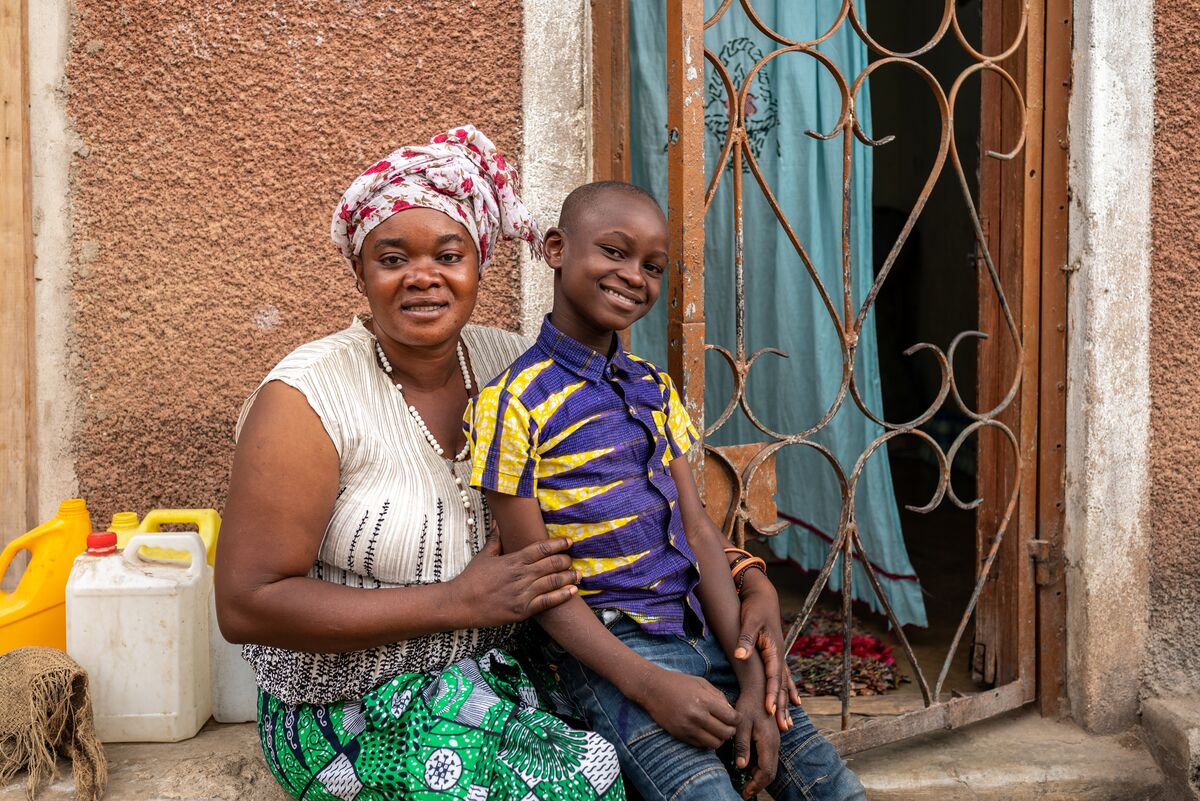More than
children served
More than
church partners
Serving since
In Tanzania
This video was released in July 2022.
If you've been inspired to sponsor a child from Tanzania, visit our sponsorship page.
Pray with us for:
Tanzania is home to the tallest mountain in Africa, Mount Kilimanjaro. The mountain’s summit is at 19,421 feet. That’s more than four times the height of Ben Nevis.
Child sponsorship with Compassion is a unique opportunity to provide a child with food, clean water, shelter, clothing and medical care.
In a small village in Tanzania, sisters Donatha and Leokadia shared a one-bedroom home with Donatha’s son Emmanuel.
They sold soap and vegetables to make ends meet, but life was a struggle. Then Donatha fe

Compassion UK Christian Child Development, registered charity in England and Wales (1077216) and Scotland (SC045059). A company limited by guarantee, Registered in England and Wales company number 03719092. Registered address: Compassion House, Barley Way, Fleet, Hampshire, GU51 2UT.